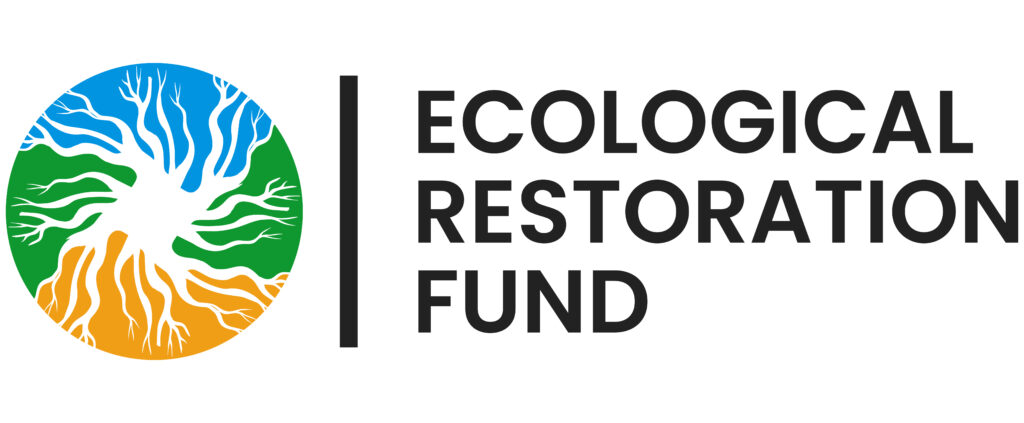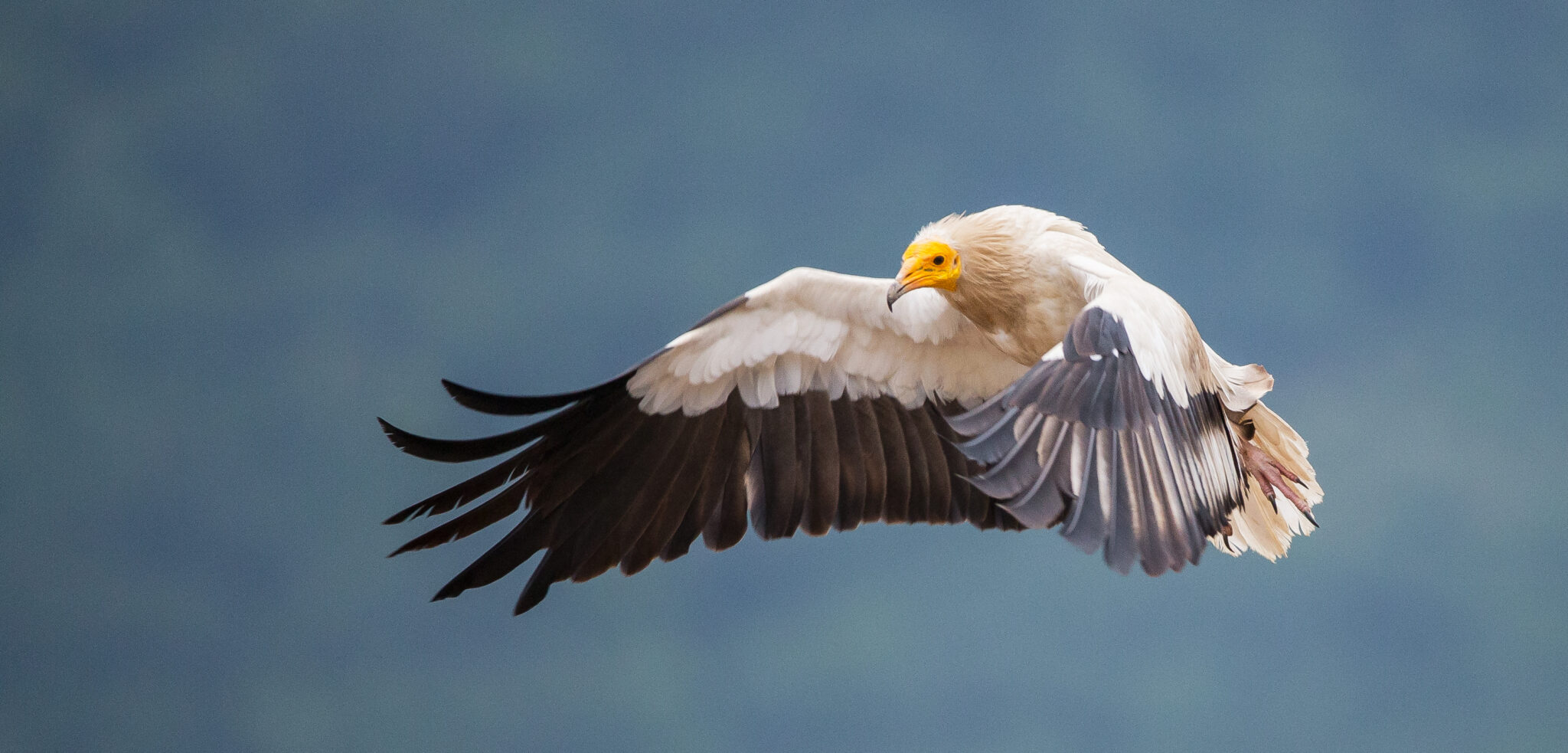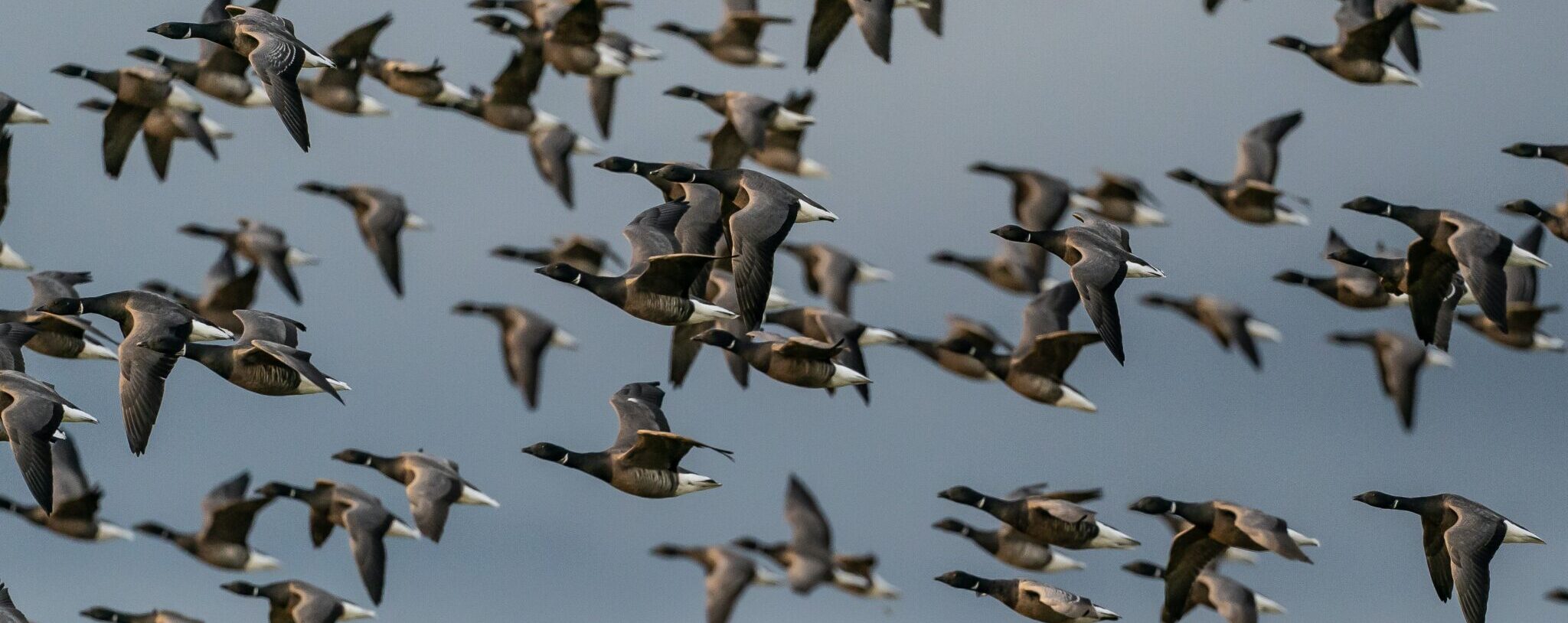New £3 million partnership will help bolster the protection of the African-Eurasian Flyway
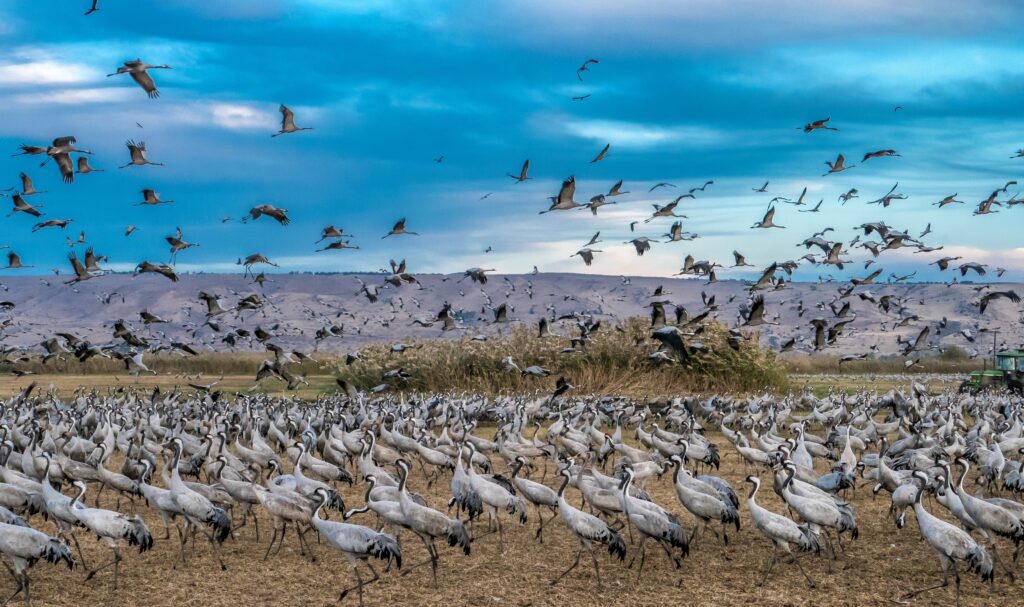
An exciting new partnership between the Ecological Restoration Fund and BirdLife International and its UK partner, the RSPB, will help support extensive conservation and restoration work along the African-Eurasian flyway, helping to protect vital landscapes and the millions of birds that journey along this route.
Header Image: This new partnership will benefit the hundreds of millions of birds that migrate along the African-Eurasian flyway every year © Animed Production/Shutterstock
Migratory birds travel vast distances, relying on sites across many countries to complete their journeys. That’s why work to protect the hundreds of millions of birds using flyways needs to be on a global scale.
This week, the RSPB and BirdLife International are delighted to announce a new £3 million partnership with the Ecological Restoration Fund, which will help support work along the African-Eurasian Flyway.
Global Flyways
Stretching from the Arctic to southern Africa, the African-Eurasian Flyway is one of four great global pathways used by migratory birds. These routes criss-cross the globe like ‘avian superhighways’. The African-Eurasian Flyway is used by hundreds of millions of birds every year, including large flocks of species such as Barnacle Geese, Dunlin and Wigeon.
However, all along the flyway, threats such as habitat destruction and degradation, illegal hunting and climate change threaten the future of some of its most important sites. Losing these special places would have a huge impact on the migrating birds which rely on them to breed, rest and refuel.
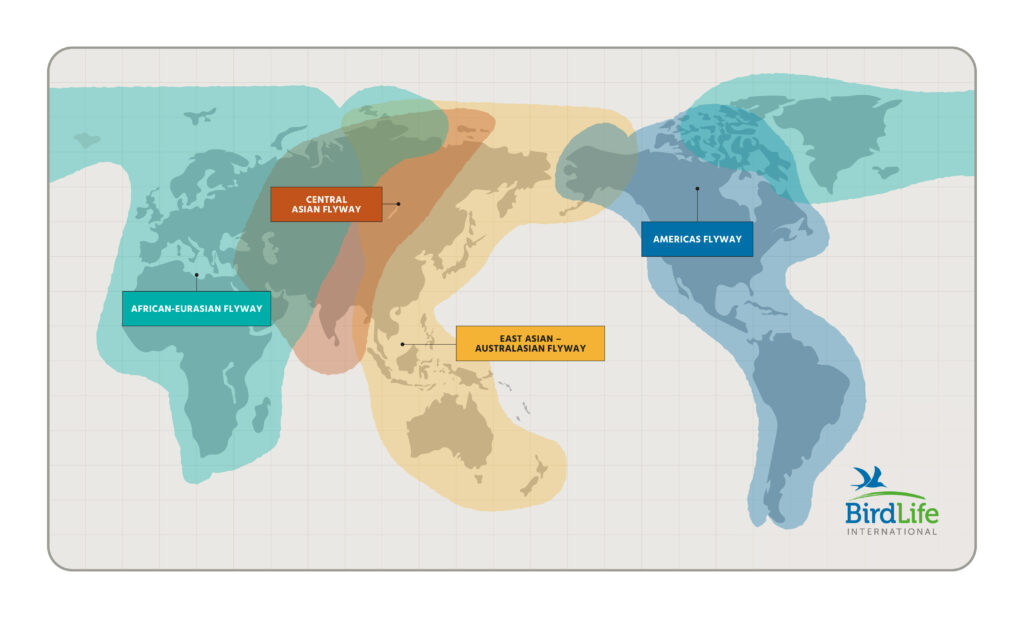
Urgent support
The £3 million of funding from the Ecological Restoration Fund comes at a vital time for nature. It means that we can make sure key sites along the flyway are protected, well-managed and restored, and that we can reduce threats and help create a more sustainable future for migrating birds.
The Ecological Restoration Fund supports work that protects biodiverse hotspots, rejuvenates degraded landscapes and promotes local environmental activism. They are committed to re-establishing nature’s essential interconnections while fostering cultural, social and economic opportunities for the communities inhabiting those landscapes. Over the next three years, their support will help build the RSPB and BirdLife International’s African-Eurasian Flyway Development Programme.
The vital investment will enable the RSPB and BirdLife International to scale-up work across the flyway. This will include boosting the capacity of local conservation organisations to deliver more work on the ground and build the foundations for long-term plans which will benefit nature, people and the climate.
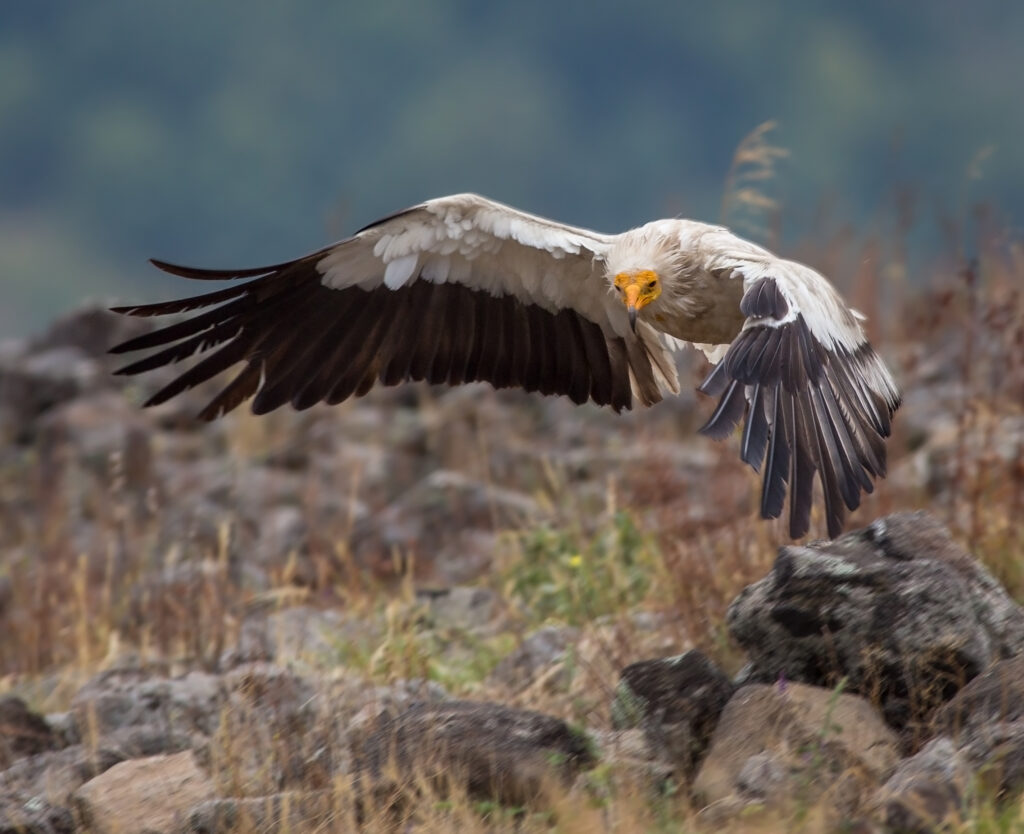
Investment along the Flyway
As part of the programme, the RSPB will increase its work in key countries such as Iceland, Ghana and South Africa, and in important landscapes such as the East Coast Wetlands in England and the Gola Rainforest spanning Liberia and Sierra Leone. Meanwhile, BirdLife International will strengthen the collaboration and joint action of BirdLife Partners, particularly in the eastern part of the Flyway. Backed by our internationally renowned science, we will also challenge development proposals that threaten key sites for migratory birds throughout the Flyway.
This ‘birds eye’ approach makes sure we connect nature corridors and increase collaboration across borders. The methods demonstrated to work locally and nationally can then be rolled out internationally.
“We are very excited by this new international programme which will see people from many different countries working together to share knowledge and support action for nature and climate at scale,” said Katie-Jo Luxton, Executive Director of Global Conservation at the RSPB. “Our birds know no borders, so it’s imperative that we collaborate to find solutions to the challenges they face.”
The programme is the latest exciting development in BirdLife’s endeavours to protect the world’s migration superhighways. “Reversing declines in migratory birds requires action to address threats throughout their flyway. With its network of national Partners, BirdLife is uniquely placed to lead flyway conservation and has developed ground-breaking developments for conservation financing in the East Asian – Australasian and the Americas Flyways,” said Martin Harper, Vice President of Regions and Partnership at BirdLife International. “Through the new investment of funding from the Ecological Restoration Fund, not only will we now have the capacity to tackle emerging threats to sites of importance to migratory birds, we will also have the potential to engage regional development banks to drive further investment in the African-Eurasian Flyway to benefit birds, people and the climate.”
With nature in crisis across the globe, we would like to extend our thanks to the Ecological Restoration Fund for this generous support towards securing a safer future for globally important biodiversity hotspots and species.
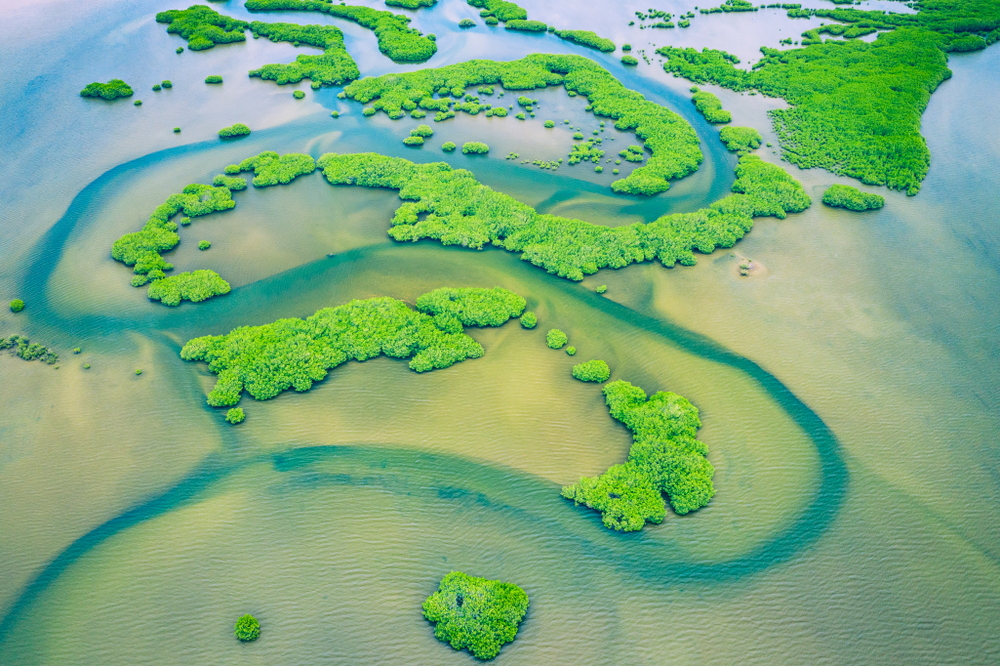
“With its network of national Partners, BirdLife is uniquely placed to lead flyway conservation and has developed ground-breaking developments for conservation financing in the East Asian – Australasian and the Americas Flyways. Through the new investment of funding from the Ecological Restoration Fund, not only will we now have the capacity to tackle emerging threats to sites of importance to migratory birds, we will also have the potential to engage regional development banks to drive further investment in the African-Eurasian Flyway to benefit birds, people and the climate.”Martin Harper, Vice President of Regions and Partnership at BirdLife International
In partnership with:
